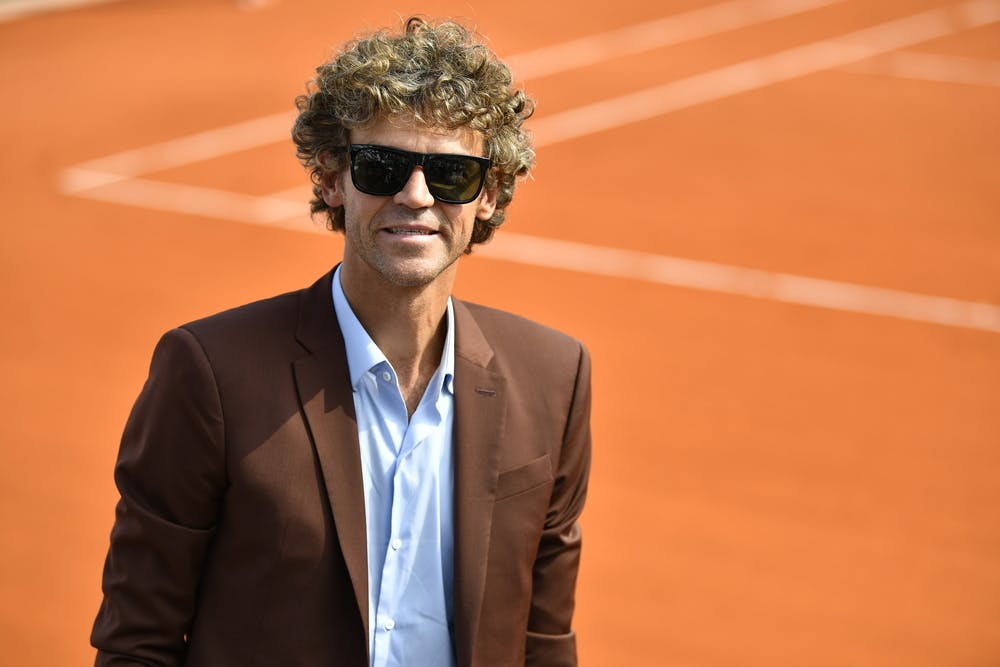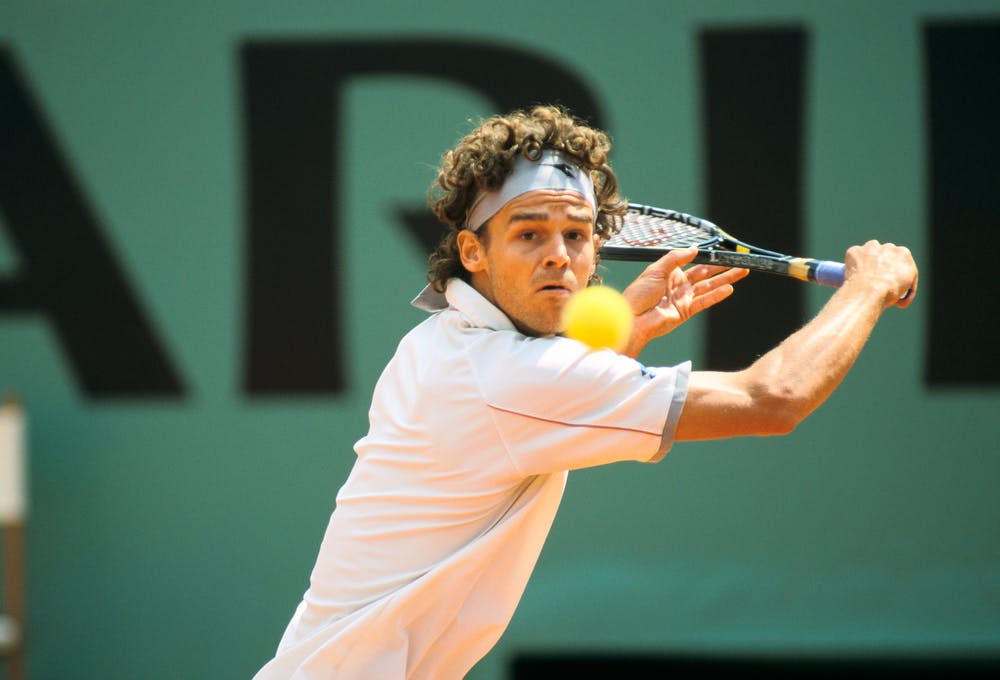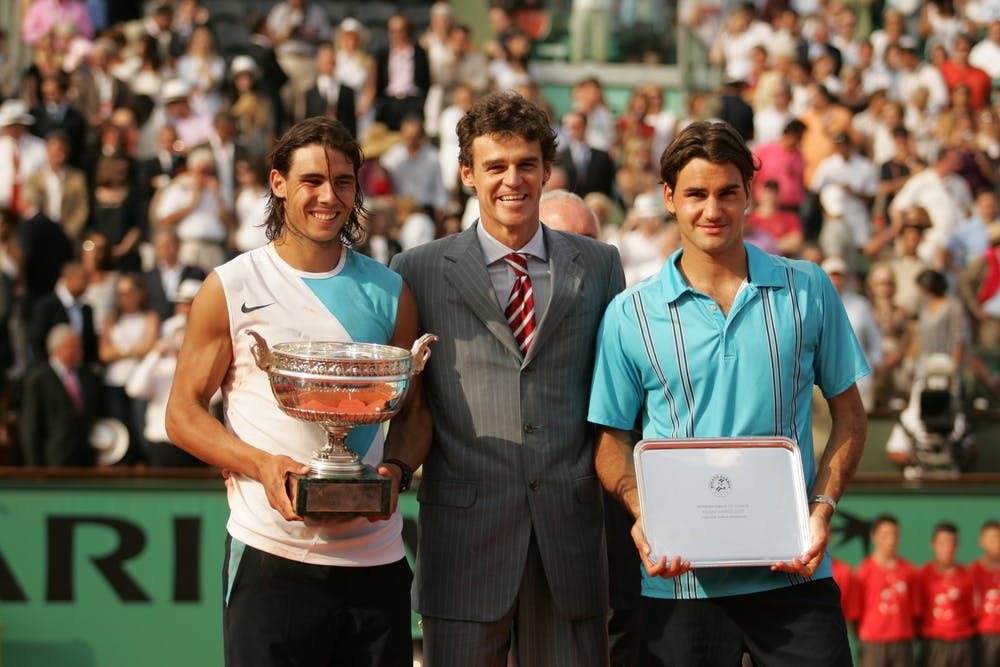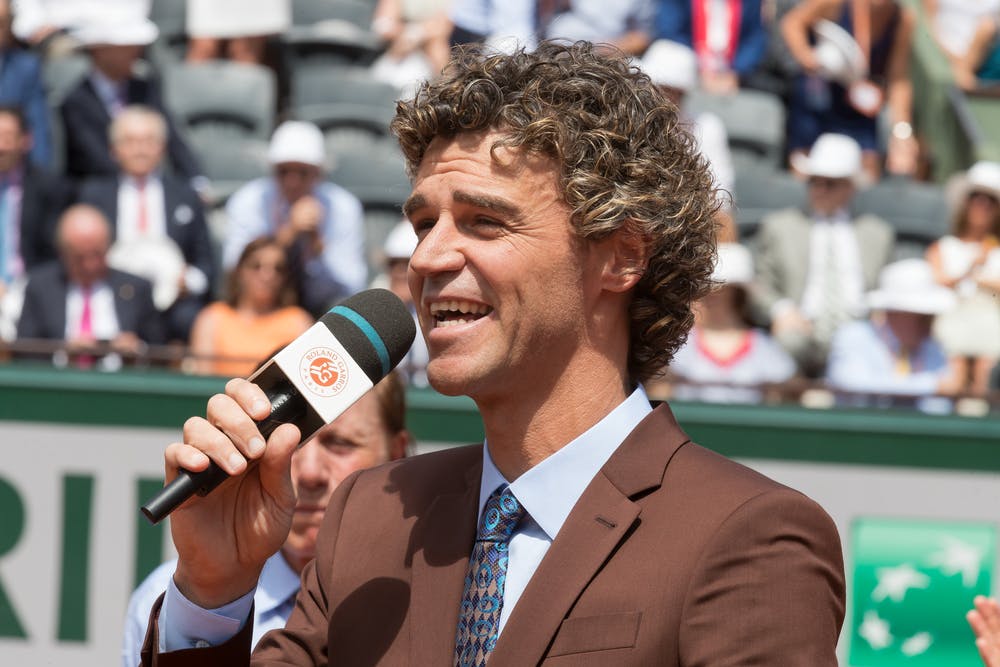A columnist from O Globo wrote once that "Brazil is tiring". Does your country tire you?
G.K.: Well, but it inspires. South America is something that hasn't happened yet. We live working too much, having hopes, believing in the future. Nothing was ever good for too long. Our periods of prosperity last three, four years. We have not had a great period of stability in South America. But we are a young region, we have time. In Brazil we need initiative, private initiative. Everyone sees only opportunity and profit, but fails in the rest. Social change has to reach the poorest, to see if we have learned anything from the last 20 years and are more generous in terms of social gains.
You enjoy surfing a lot in your home in Florianópolis. You have two children, Maria Augusta and Luis Felipe. Do they surf?
G.K.: I took them, yes, sometimes they surf with me. I also make them play tennis, basketball and football. But I'm not so keen on making them compete in sports, I've had enough of that.
How is your surfing going?
G.K.: As good as ever, as bad as ever.
 ROLAND-GARROS
18 May - 7 June 2026
ROLAND-GARROS
18 May - 7 June 2026





